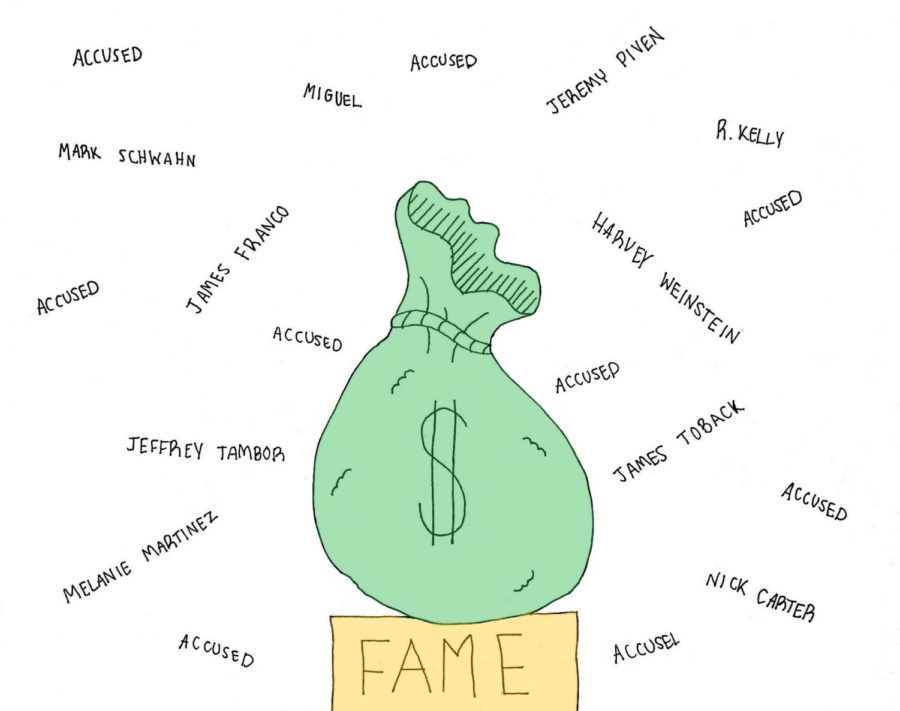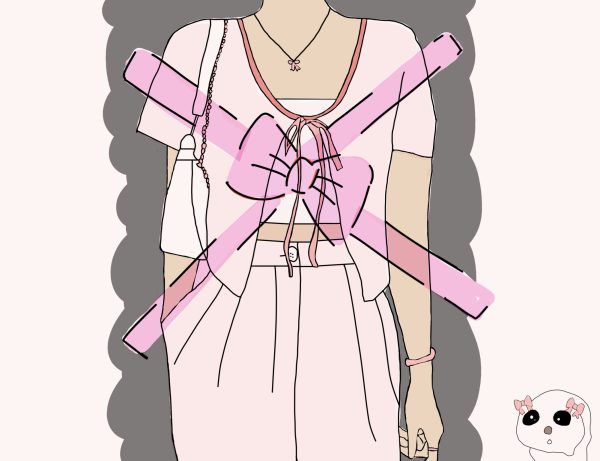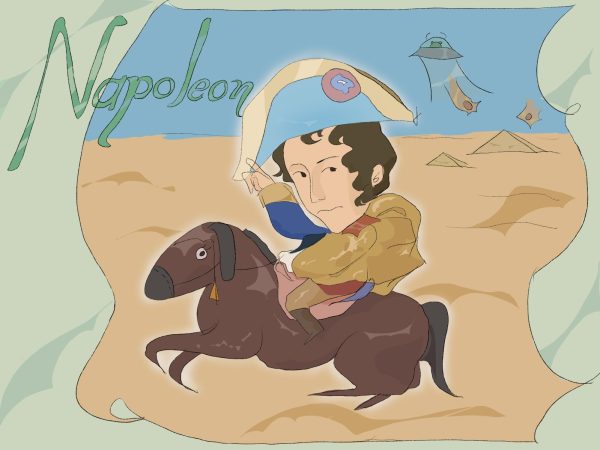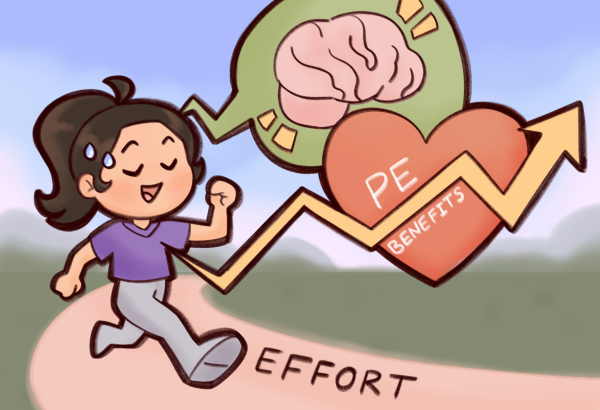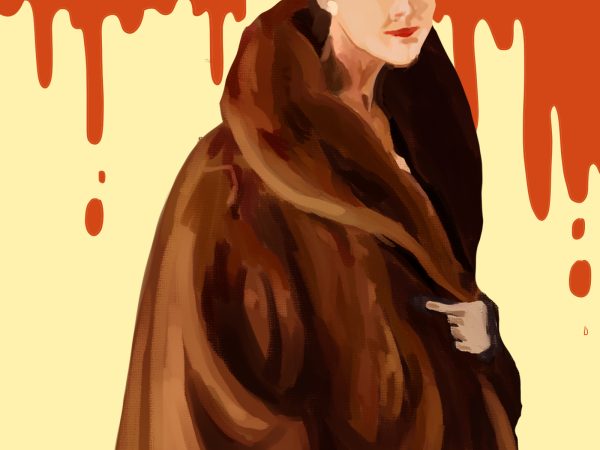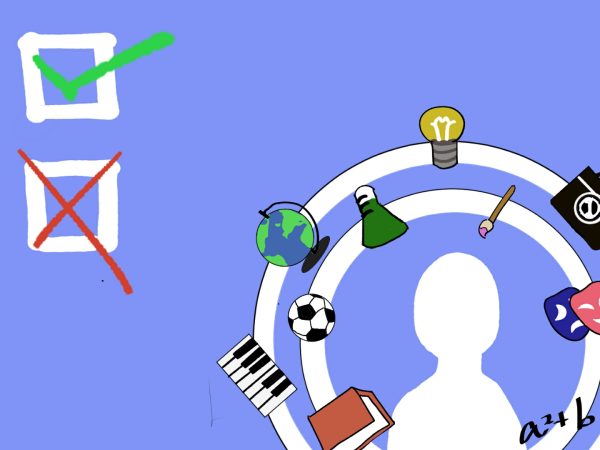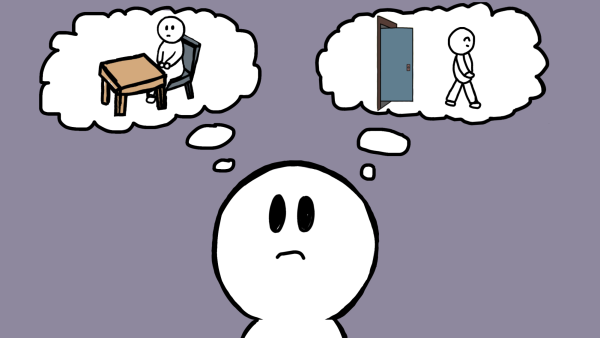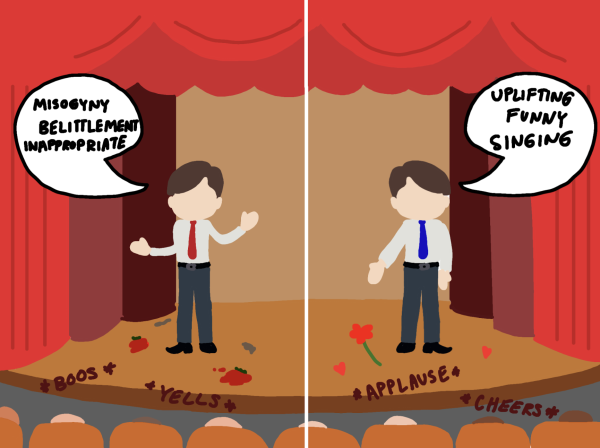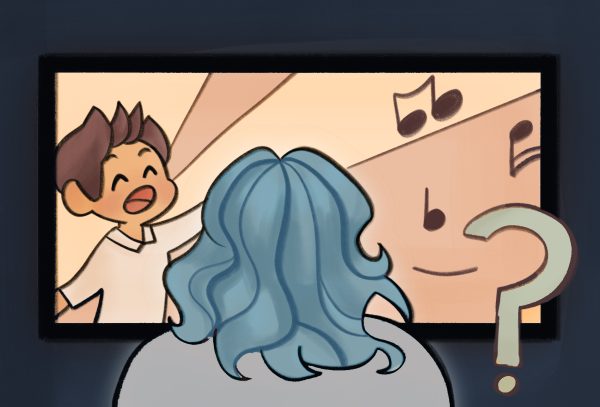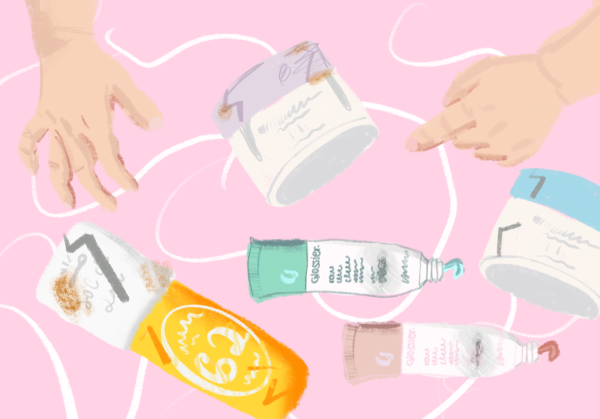Support The Abused, Not The Abuser
May 13, 2019
Often in the entertainment industry, the bonds established between creators and fans are irreplaceable, until the moment fans find out the person behind the art is not so innocent.
Powerful names in the business that we admire and love on a day-to-day basis – Woody Allen, Tim Burton, James Franco, Chris Brown, Melanie Martinez and far more – have each been accused of sexual assault. Although they may produce enticing and sublime work, people should not support the work of artists accused of sexual assault.
Through supporting the work of someone accused of sexual assault, even if the accusations are not proven, it means that fans have decided to overlook the fact that the artist sexually assaulted someone, as far as they know. The artists’ actions get pushed away, and their victim’s voice is silenced. By supporting the work of these individuals, it sends a message to the victims that their experiences are invalid, and it leaves opportunity for these artists to continue to hurt others.
Such an example of a sexual assaulter who keeps their position of power is Harvey Weinstein, who, after being accused of sexual assault in 2017, still kept his job. Actresses such as Asia Argento and Angelina Jolie spoke up after the first allegation, saying that they were sexually assaulted by Weinstein according to BBC News. When Weinstein keeps his position, it sends the message that it is okay to sexually assault someone, that there are no consequences to it.
There have been cases of false accusations that have certainly harmed a person’s career. For example, Johnny Depp’s wife, Amber Heard, accused Depp of physical abuse. However, it wound up being a false accusation and Depp decide to sue Heard for defamation, seeking fifty million dollars according to ABC News.
Despite this, false accusations make up five percent of reports made, according to a study made by The Cut, a New York-based online magazine. Only ten percent of cases go reported, so ninety percent of cases are unheard.
When we allow that ten percent to feel silenced in support of their abusers, it creates more problems for the victims who are traumatized. According to a study by the University of South Carolina, thirty-one percent of all rape victims develop PTSD in their lifetimes. Those people may never feel the support to reach out and get help.
We cannot allow these artists to have a name or place in power. To assure a person will never be able to work near innocent people again, they need to be pulled from their fame. If we support their movies and music, we send the message that it is acceptable to commit sexual assault.



